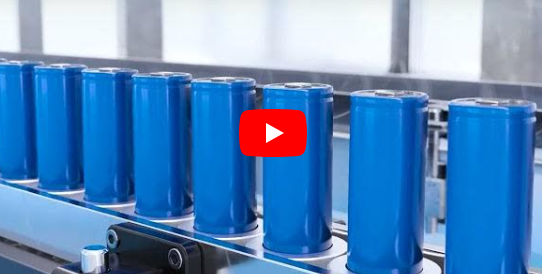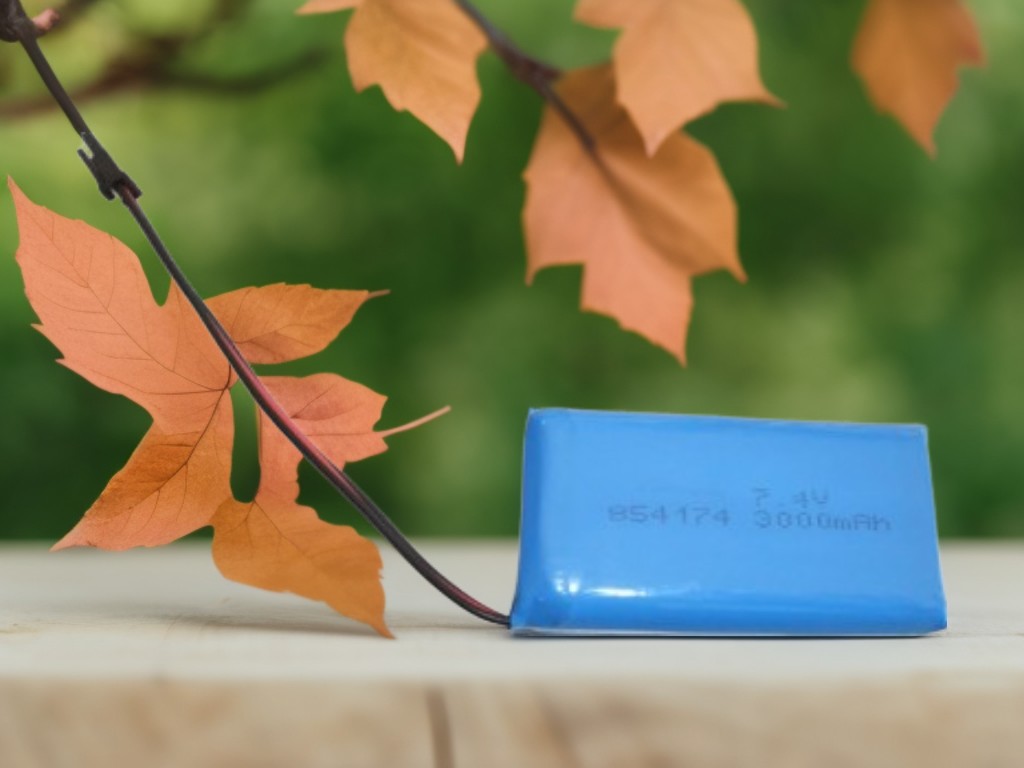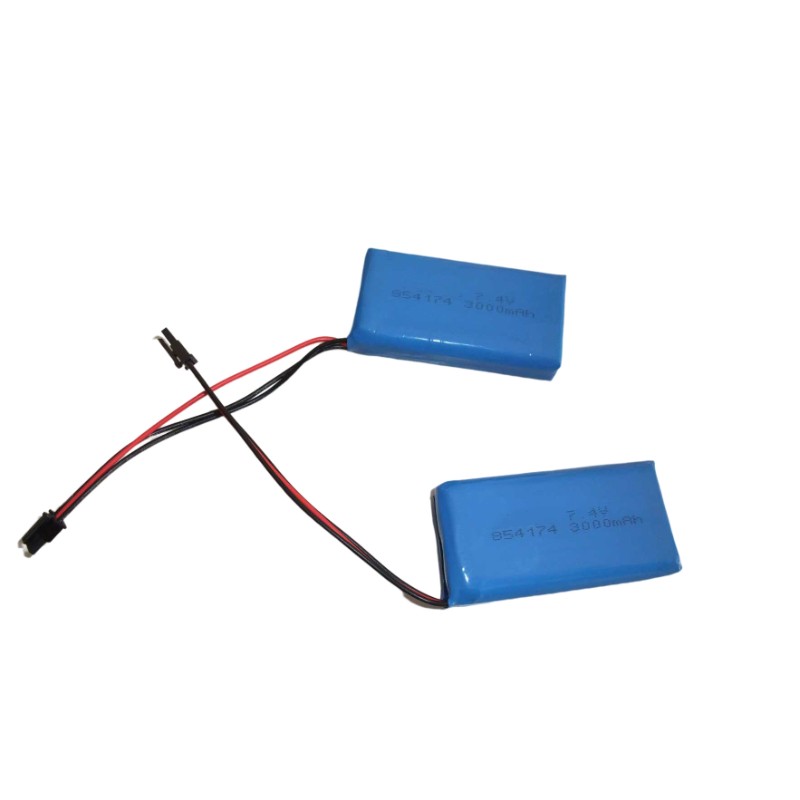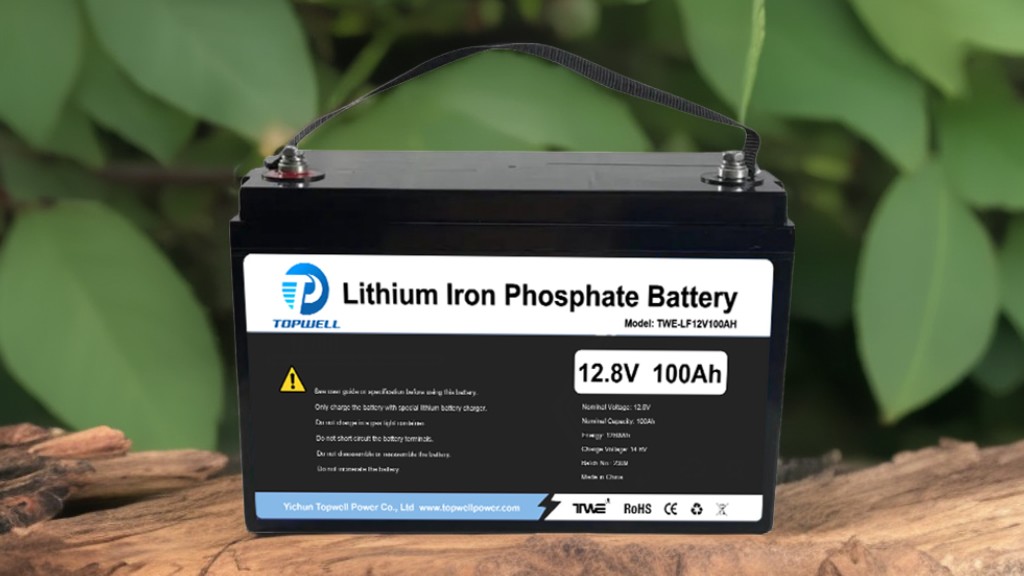According to the different electrolyte materials used in lithium-ion batteries,
lithium-ion batteries are divided into liquid lithium-ion batteries and polymer lithium-ion batteries. The positive and negative electrode materials used in polymer lithium-ion batteries are the same as liquid lithium ions. The positive electrode materials are divided into lithium cobaltate, lithium manganese oxide, ternary materials and lithium iron phosphate materials. The negative electrode is graphite, and the working principle of the battery is also basic. unanimous.
The main difference between lithium-ion polymer batteries is the electrolyte. Liquid lithium-ion batteries use a liquid electrolyte, while polymer lithium-ion batteries use a solid polymer electrolyte instead. This polymer can be "dry" or "Colloidal" ones, most of them currently use polymer colloidal electrolytes.
1. Solid polymer electrolyte lithium-ion battery: The solid polymer electrolyte lithium-ion battery electrolyte is a mixture of polymer and salt. This battery has low ion conductivity at room temperature and can be used at room temperature.
2. Gel polymer electrolyte lithium-ion battery: Gel polymer electrolyte lithium-ion battery is to add plasticizer and other additives to the solid polymer electrolyte to improve the ion conductivity and make the battery can be used at room temperature.
3. Polymer lithium-ion battery: The lithium-ion battery of polymer cathode material uses conductive polymer as the cathode material, and its specific capacity is relatively increased. Since the solid electrolyte is used instead of the liquid electrolyte, compared with the liquid lithium-ion battery, the polymer lithium-ion battery has the advantages of thinning, arbitrary area and arbitrary shape, so the battery casing can be made of aluminum-plastic composite film, thereby It can improve the specific capacity of the entire battery; the polymer lithium ion battery can also use polymers as the positive electrode material, and its mass specific energy will increase by more than 20% compared with the current liquid lithium ion battery. Polymer lithium-ion batteries have the characteristics of miniaturization, thinning and light weight. Therefore, the market share of polymer batteries will gradually increase.
2. Precautions for the use of lithium-ion polymer batteries
1. Pay attention to the short circuit
Polymer lithium-ion batteries are prone to short circuits during charging. Including: internal short circuit, external short circuit, etc. Although most lithium-ion batteries now have short-circuit protection circuits and explosion-proof wires, in many cases, this protection circuit may not work in various situations, and the explosion-proof wires can only play a limited role. .
2. Do not overcharge
Polymer lithium-ion batteries, if the charging time is too long, the possibility of swelling will increase. The chemical properties of lithium are very active, and it is easy to burn. When the battery is charged and discharged, the temperature inside the battery continues to rise, the gas generated during the activation process expands, the internal pressure of the battery increases, and the pressure reaches a certain level. If the shell is damaged, it will burst , causing leakage, fire, or even explosion. And a polymer lithium-ion battery just swells.
Everyone must pay attention to safety when using lithium-ion polymer batteries.
 LiPo Batteries and Sustainability: Navigating Environmental Impact
LiPo Batteries and Sustainability: Navigating Environmental Impact
 From Concept to Market: The Manufacturing Process of LiPo (Lithium Polymer) Batteries
From Concept to Market: The Manufacturing Process of LiPo (Lithium Polymer) Batteries
 LiPo Batteries and Sustainability: Navigating Environmental Impact
LiPo Batteries and Sustainability: Navigating Environmental Impact
 Exploring the Advantages and Applications of Lithium Iron Phosphate Batteries
Exploring the Advantages and Applications of Lithium Iron Phosphate Batteries